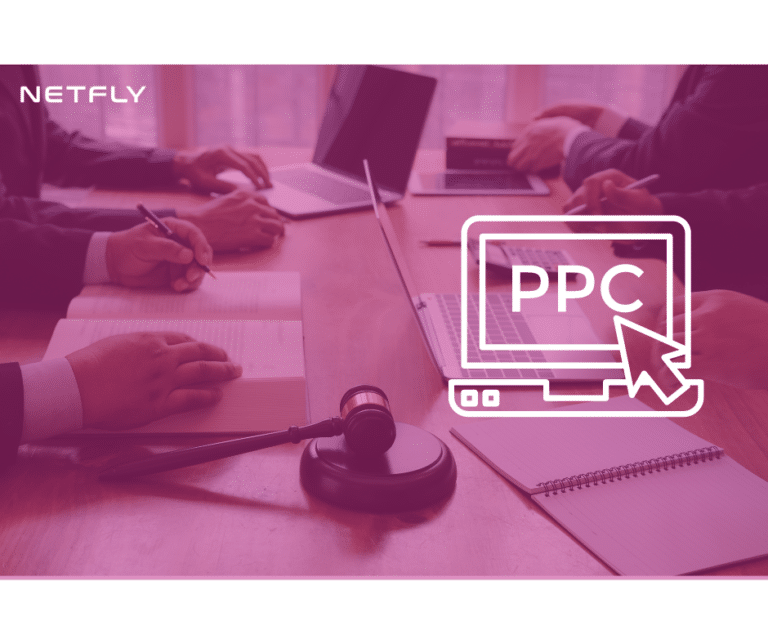Beginning with fundamental planning and understanding is required, regardless of the market group you aim to advertise the company or organization to. Knowing how to promote a law business is essential, and certain strategies will give you a competitive edge in the market.
Most lawyers don’t particularly like marketing. A marketing strategy for a legal practice could include a combination of digital marketing, SEO, blogging, print advertisements, and digital ads.
But the first step in effective law firm marketing is developing a marketing strategy. Although a law firm’s marketing strategy might be quite complicated, the straightforward ones are frequently the ones that are effectively implemented.
Fundamentals of Legal Marketing
Before beginning the strategy and implementation process, it is crucial to comprehend the fundamentals of law firm marketing.
A potential client for your business is a marketing lead. It goes beyond someone who only browses your website. You must know the conversion rate to make wise decisions for your law firm—decisions are based on facts, not speculation.
A clear request made by a site visitor or lead to move on to the next step of becoming a paying client is known as a “call-to-action,” or CTA. The only purpose of a landing page is to entice visitors to book an appointment, buy something, or join your email list. Search engine optimization (SEO) and keywords may be used by law firms to increase website traffic and client contact.
The performance indicator known as return on investment, or ROI, is used in many corporate sectors but is crucial in marketing. PPC (pay-per-click) marketing, paid to advertise, is one of the easiest ways for attorneys to produce high-quality leads. Let’s move on to the fundamental legal rules that many businesses neglect or disregard while planning or executing after going over the key marketing words that are frequently employed in law firms.
Figure Out the Uniqueness
Every business or institution has to be distinguished for its “specialty” or “particular distinctiveness,” which is the organization’s foundation. According to the requirements, it aids in determining the best marketing strategies to employ.
As a result of your firm’s reputation as an unmatched defense force, some law firm slogans relating to criminal crimes, family law, or personal injuries draw in your target audience. This distinguishes your business from your rivals and boosts client participation in the relevant cases.
What do you hope your marketing initiatives will accomplish for your law firm?
Make Goals for Your Firm
Most of the time, the legal firms we speak with have growth-related objectives in mind. They want to attract more clients and generate more money. However, it’s insufficient. Those lawyers who can change can prosper and improve the norm for the law firm.
You have a standard from which to adapt and change to be as effective as possible when you have a game plan with clear, significant goals. As a result, it is smart: time-based, specific, measurable, achievable, and relevant. Establish clear objectives with a deadline for completion, such as “attract 100 new clients in a year” or “grow income by $2,000,000 in 2 years.”
SMART!
Be a SMART law firm and take appropriate action by setting up your objectives with a law firm marketing agency. The term “SMART objectives” must have been repeated a hundred times.
- S stands for “specifics,” which means that while general aspirations like “making my legal firm better” may be admirable, they cannot be put into practice and are thus not objectives.
- “Measurable” refers to the ability to monitor and evaluate the achievement of the goal using measurable goals, which a lawyer should be aware of.
- The word “achievable” in SMART refers to the distinction between lofty objectives that are worthwhile to pursue and those that are demoralizing and have no practical significance.
- “Relevant” refers to a target that should be included in your law firm’s marketing strategy and toward whom all actions should be aimed.
- “Time-bound” refers to the fact that you have given each goal a deadline and intend to accomplish it within that time limit. To increase your chances of success, set a sincere and practical deadline from the beginning.
Analysis of your Targeted Clients
The demographic of customers to whom you will sell your brand and who are most likely to use your legal services is known as your target audience. A crucial first step is to work on expanding your audience. Many believe that more is better when reaching an online audience, regardless of whether they are getting the desired outcomes.
To convince potential clients to choose you, your marketing must offer the data and assets necessary. Although your company will certainly want to get in front of as many prospective customers as possible, it’s crucial to remember that customers and audience members are only sometimes comparable.
Finding your target market enables you to turn leads into actual customers for your firm.
The first step in creating a marketing strategy that expands the clientele for your law practice is doing a thorough target market study. What are their age, gender, and marital status? What degree of education have they attained?
Keep An Eye on the Marketing Budget
“How much is this going to cost?”
It’s a frequent question to ask when beginning a new project at any company. Before you can go on to the actual game strategy, this is often the first issue that needs to be resolved. 11.7% of their budgets are spent on marketing, on average. However, the majority of law firms allow significantly less than that. Before making any significant decisions about your marketing approach, you must first choose your budget.
To set your marketing budget, you must first figure out your average customer lifetime value. These depend on the practise you provide. The next step is to decide how much you’re prepared to spend to get a new customer in marketing.










